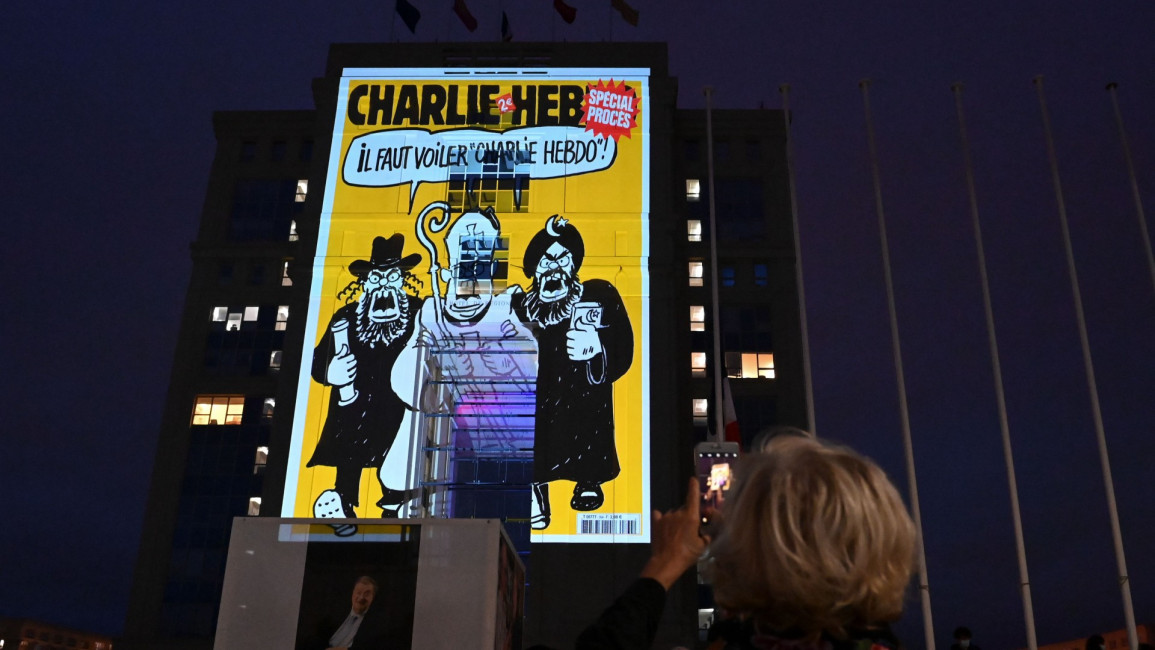Follow us on Facebook, Twitter and Instagram to stay connected
Calls for France boycott gain momentum as Qatar supermarkets shun French produce
Earlier this month, French President Emmanuel Macron triggered controversy by claiming that Islam is "in crisis". Recent terror attacks and controversy over cartoons of the Prophet Muhammad have also heightened racial tensions in the country.
The moves have prompted Muslims around the world to call for a boycott of France.
On Friday, Qatar's flagship Al Meera supermarket removed all French products from its shelves in response to Paris' perceived provocations.
"We affirm that as a national company, we work according to a vision that is consistent with our faithful religion, our established customs and traditions, in a way that serves our country and our faith, and meets the aspirations of our customers," the company said in a statement.
Qatar University also joined the movement, announcing the postponement of its French Cultural Week event.
"Any violation of Islamic belief and sacred symbols is completely unacceptable, as these offences harm universal human values and the highest moral principles that all contemporary societies affirm," the university said in a statement.
A number of other firms, including Al Merkati, Souq Al Baladi, Qatar Shopping Complex, Al Wajba Factory and Snoonu have also joined the boycott.
On the internet, social media users in Qatar and other Gulf states have shared lists of French companies to avoid as part of the boycott.
Macron defended the move, saying that France will "not give up cartoons". At the same time, the president has also undertaken a crackdown against Muslim groups and what he has described as "Islamic separatism".
While defenders of the caricatures have portrayed the issue as one of free speech, critics have pointed out the racial undertones of anti-Islamic sentiment in France and its weaponisation against the country's mostly West and North African Muslim population.
Earlier this week, two veiled Muslim women were stabbed in Paris by two women who reportedly called them "dirty Arabs", triggering further anti-Islamic sentiment in the country.


![President Pezeshkian has denounced Israel's attacks on Lebanon [Getty]](/sites/default/files/styles/image_684x385/public/2173482924.jpeg?h=a5f2f23a&itok=q3evVtko)



 Follow the Middle East's top stories in English at The New Arab on Google News
Follow the Middle East's top stories in English at The New Arab on Google News


